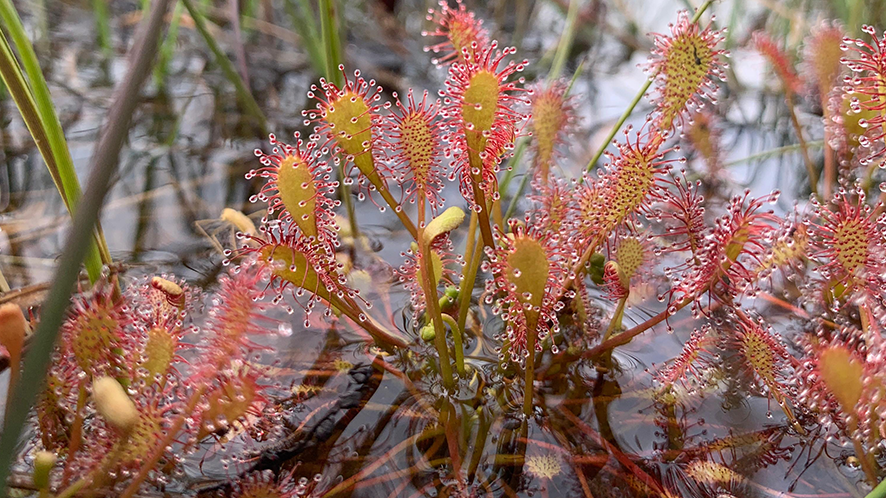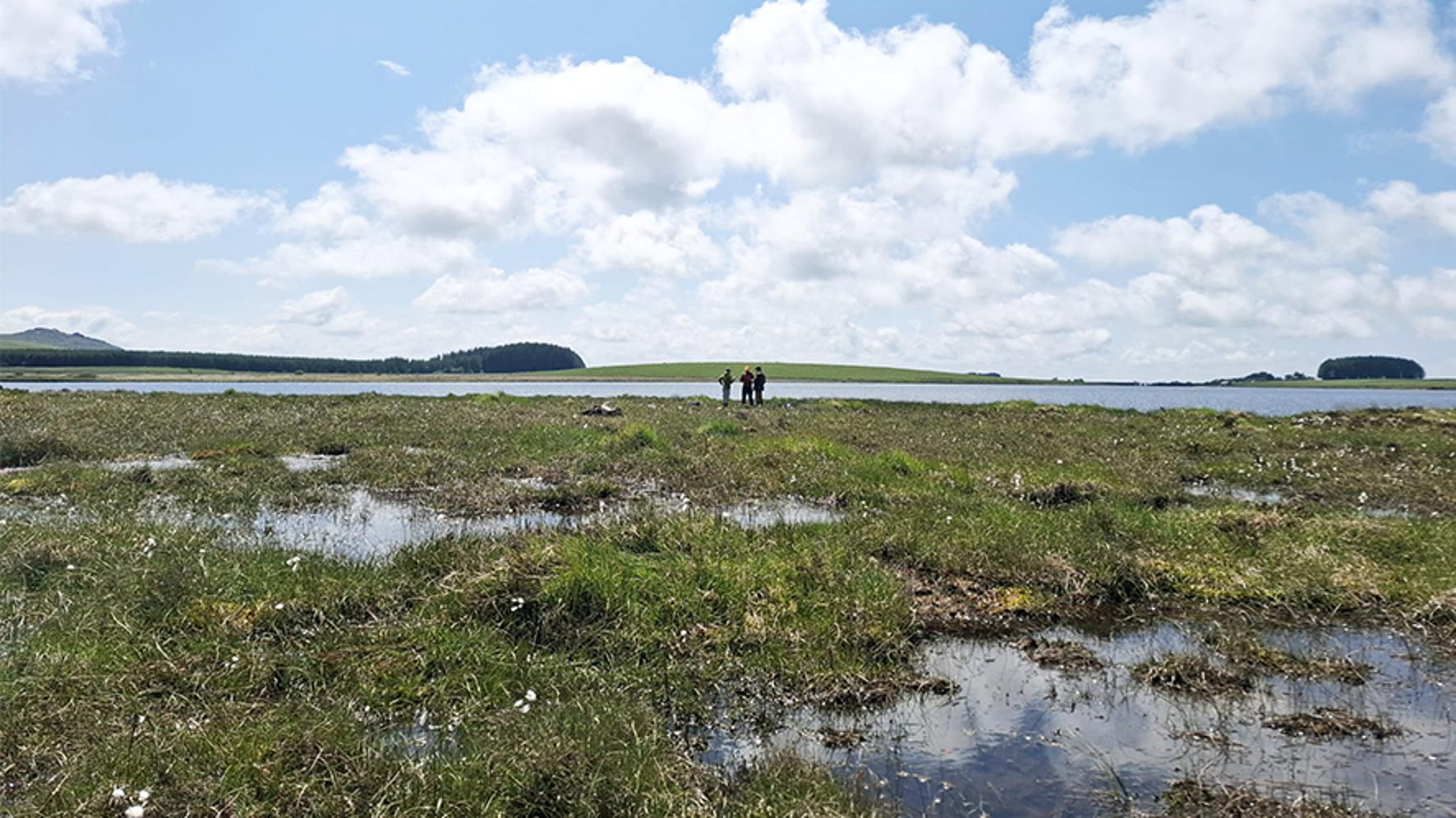Nature is returning to a site next to Crowdy reservoir after work on South West Water land to restore peatland, ahead of World Bog Day.
Each year World Bog Day highlights how peatlands, bogs and marshes across the world play a crucial role in biodiversity, carbon storage, and regulating the water cycle.
Since the restoration at Crowdy Marsh, on Bodmin Moor in Cornwall, many species of wildlife have been spotted - with sitings of dragonflies, frogs, adders, and birds of prey.
There have also been sightings of skylarks, and a host of birdlife using the lake.
Healthy peatlands and bogs provide many benefits, including improving water quality in rivers and reservoirs by slowing the flow of run-off, reducing erosion and holding back sediments.
They also provide habitats for wildlife and help to tackle climate change.
Before its restoration, the peat was degrading through erosion and it was no longer able to provide these benefits.
As part of the South West Peatland Partnership, South West Water has carried out extensive work to restore the peatland.
This work holds water back into the landscape, makes the peat wet and improves conditions needed for peat-forming sphagnum mosses, insect-eating sundews and bog-cotton grasses which have been able to colonise and spread.

Sphagnum mosses retain water which creates ideal conditions for new peat formation - their presence is a good indicator of a healthy peatland.
The dragonflies, damselflies and other invertebrates using the pools of water created by restoration benefit the birdlife which finds habitats like this essential for breeding and feeding on the increased food source.
Morag Angus, Peatland Partnership Project Manager at South West Water, said: “World Bog day is hugely important as it highlights the global significance of bogs and peatlands, and all they do for the environment.
“Peatlands store more carbon than all of the world’s forests combined. They also have great benefits for South West Water. Over time peatland restoration should improve the quality and quantity of water entering our water network, which helps to reduce costs.
“Crowdy Marsh is a designated Site of Special Scientific Interest so the peatland restoration work is of huge importance for improving and protecting these designated habitats and ensuring they are in the best conditions for future generations to enjoy and see.”
In time, the restoration work should decrease the amount of carbon being released by reducing erosion and oxidation in the peat, making it more resilient to the changing climate in the future.
Philippa Hoskin, Nature Recovery Manager for Cornwall Council, part of the South West Peatland Partnership, said: “As a partner on this project, we are delighted to support this successful peatland restoration, which is one of the local priorities set out in our new Cornwall and Isles of Scilly Nature Recovery Strategy.”
